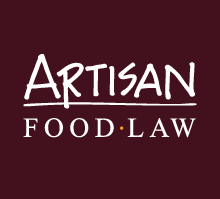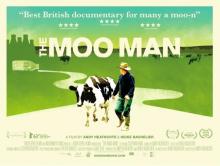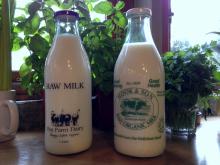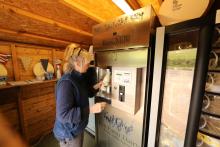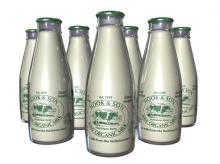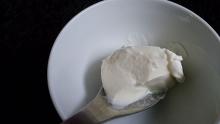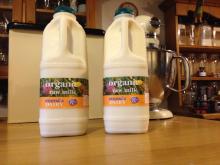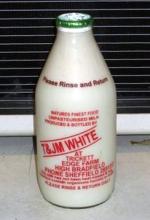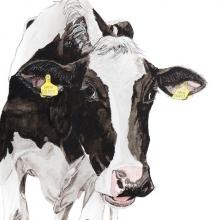The Food Standards Agency’s (FSA) public consultation on the future availability of raw drinking milk comes to a close in a few days on 30 April. Artisan Food Law has covered many different issues surrounding raw milk over the last 12 months and more, so now seems a good time to bring some key ones together and provide, in no particular order, 10 good reasons for securing the future of raw milk.
Cheese, Milk and Dairy
Food law and the regulatory framework for artisan and small scale dairy production, raw or unpasteurised drinking milk, cream, cheese, butter and eggs.
On 31 March the Food Standards Agency (FSA) hosted an open meeting for anyone interested in the future of raw drinking milk. The FSA has been reviewing the regulations on raw milk for the last two years and this meeting was a part of the public consultation which runs until 30 April.
Survey data commissioned by the Food Standards Agency revealed that 77% of those surveyed supported continued sales of raw drinking milk and while 20% expressed interest in buying or consuming raw milk only 3% do so regularly. In short there is significant unmet consumer demand which raw milk vending machines could do much to meet.
The Food Standards Agency (FSA) has announced the public consultation stage following a policy review of sales of raw drinking milk. The consultation pack which accompanied the announcement last Thursday, 30 January, extends to 191 pages[1] of detailed information and sets out four options for the future. The good news is that the FSA has expressed a preference for continuing raw milk sales under the fourth of the following four options:
Sorry Chobani, I always understood ‘Greek yoghurt’ came from Greece, that’s why we have ‘Greek style yoghurt’. Chobani’s views about what people think are, like its yoghurt, a US import.
FAGE began producing yoghurt in the late 1920s and since the mid-1980s has imported TOTAL yoghurt, the brand name used in the UK, from Greece. FAGE accounts for 95% of all Greek yoghurt sold in the UK. The remaining 5% being mainly Tesco and Asda own-label Greek yoghurt also imported from Greece.
In March 2012 the Board of the Food Standards Agency (FSA) met to review controls over the distribution of raw drinking milk. The fact that there had then been no reported illness associated with raw drinking milk for 10 years (and none since) and no other problem reported made the decision to proceed with the review somewhat contrary to the FSA’s much vaunted reliance on evidence-based risk assessment.
Last month three quantitative microbial risk assessments (QMRAs), published in the Journal of Food Protection, and many other scientific papers on the topic of raw milk were the subject of a review presented at the British Colombia Centre for Disease Control in Canada. Quantitative microbial risk assessment is considered the gold standard in terms of food safety evidence and is internationally recognised. The review was reported in The Wall Street Journal.
There remain only a few short days to support the distribution of a great food documentary and be a part of movie history.
Those of you following the story of Steve Hook, the pioneering raw milk dairy farmer, here on Artisan Food Law will probably have spotted there are two parallel stories taking place. The first came to an end when the Foods Standards Agency dropped its prosecution against Steve Hook and Selfridges for selling raw milk from a vending machine located in the food hall of the prestigious Oxford Street store in London.
